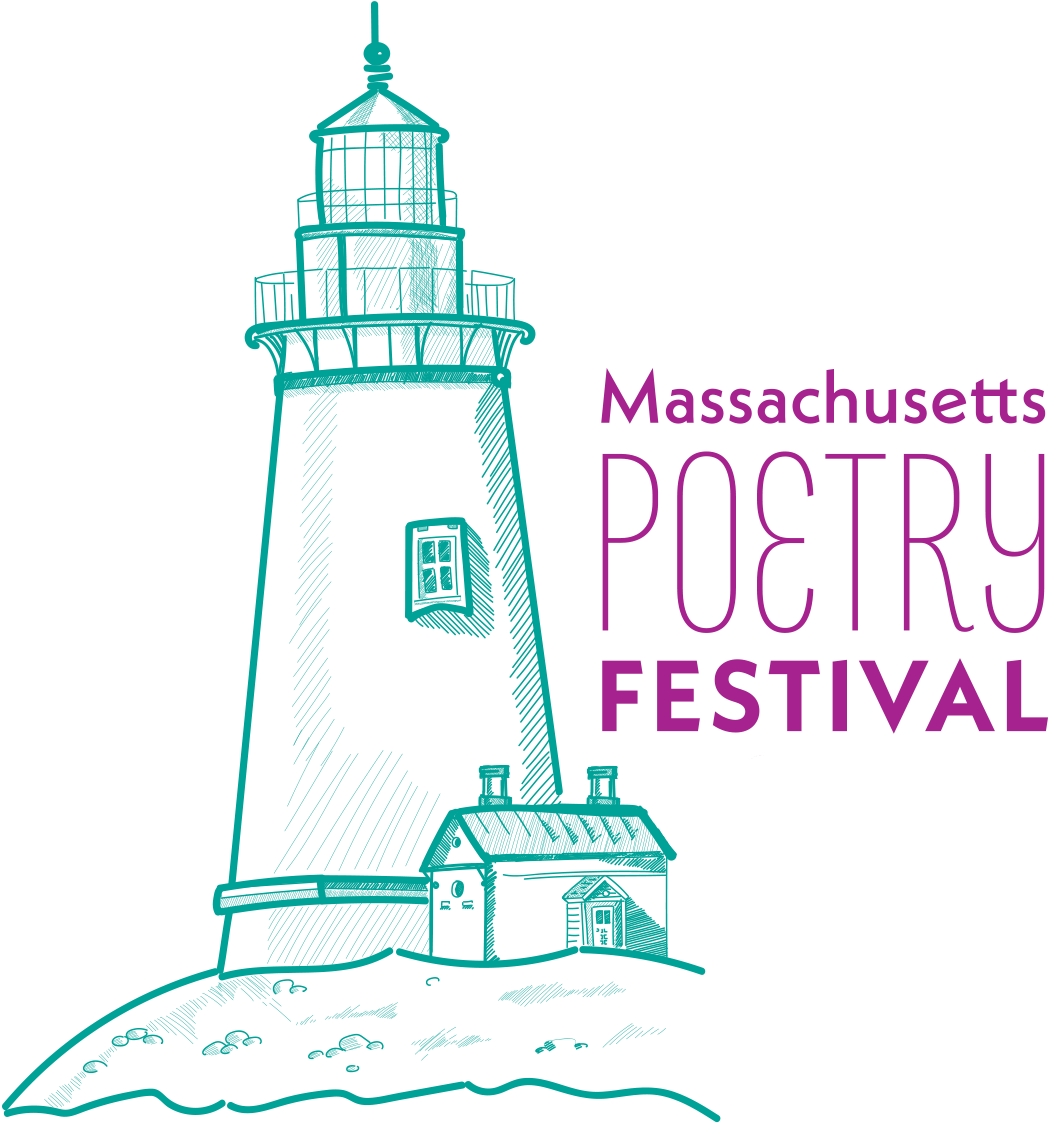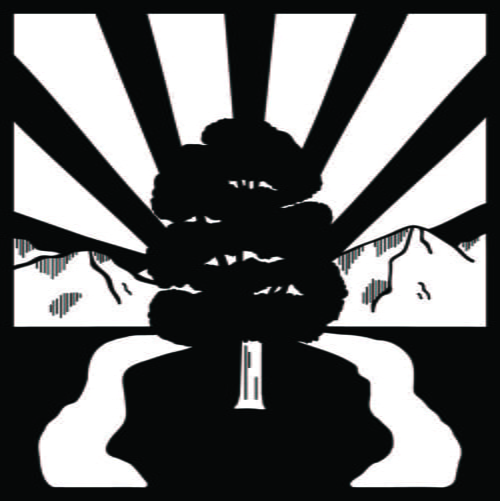Black Lawrence Press is an independent publisher of contemporary poetry, fiction, and creative nonfiction. We also publish the occasional translation from German. Our books are distributed nationally through Small Press Distribution to Amazon, Barnes & Noble, and various brick and mortar retailers. We also make our titles available through our website and at various conferences and book fairs. Through our annual contests and open reading periods, we seek innovative, electrifying, and thoroughly intoxicating manuscripts that ensnare themselves in our hearts and minds and won’t let go.
Recommendations
Women in the Waiting Room
by Kirun Kapur
The imaginative poems in Kirun Kapur’s Women in the Waiting Room reflect and ring out myriad truths about our personal and public lives. It’s a bold and bombastic assertion, a must-read for these times and beyond.
—Aimee Nezhukumatathil
When My Body Was A Clinched Fist
When My Body Was A Clinched Fist emerges as a significant marker in the reimagining of African American culture. Enzo Silon Surin’s poetry brings an honest lyricism to the body of work by people of African descent that began in the eighteenth century in a country that struggles to realize its ideals. His delicate unveiling of hurt and courage are the American story in miniature. A young boy from Haiti leaves the dangers of home to confront the unknown dangers of a new home. Surin is the poet as warrior priest, his work the prophet’s homily redefining what it means to become and be an American.
—Afaa M. Weave
Fingerspell
Lindsay Illich’s Fingerspell is not only a book of elegy, motherhood, and eros; it’s also a book of astonishing, idiosyncratic seeing—in which knee caps are like “stone fruit,” the city of Washington DC represents “the remains of an idea,” grief is an accumulation of snow “into which / the heart sinks,” the act of waiting is “a splint // my body’s wrapped against,” and the sound of a running vacuum is evidence of love. I’m deeply moved by so many of these poems—by their articulations of loss and love, certainly, but also by their visionary hopefulness. “We are,” Illich tells us, “water / pouring through letters,” and an eclipse, she reminds us, has the power to lift us above our societal fury—”if only momentarily.”
—Wayne Miller

